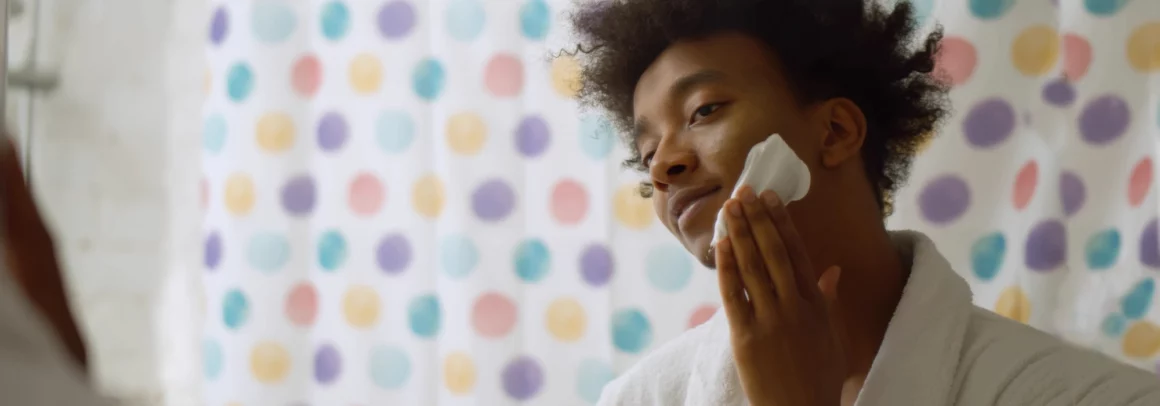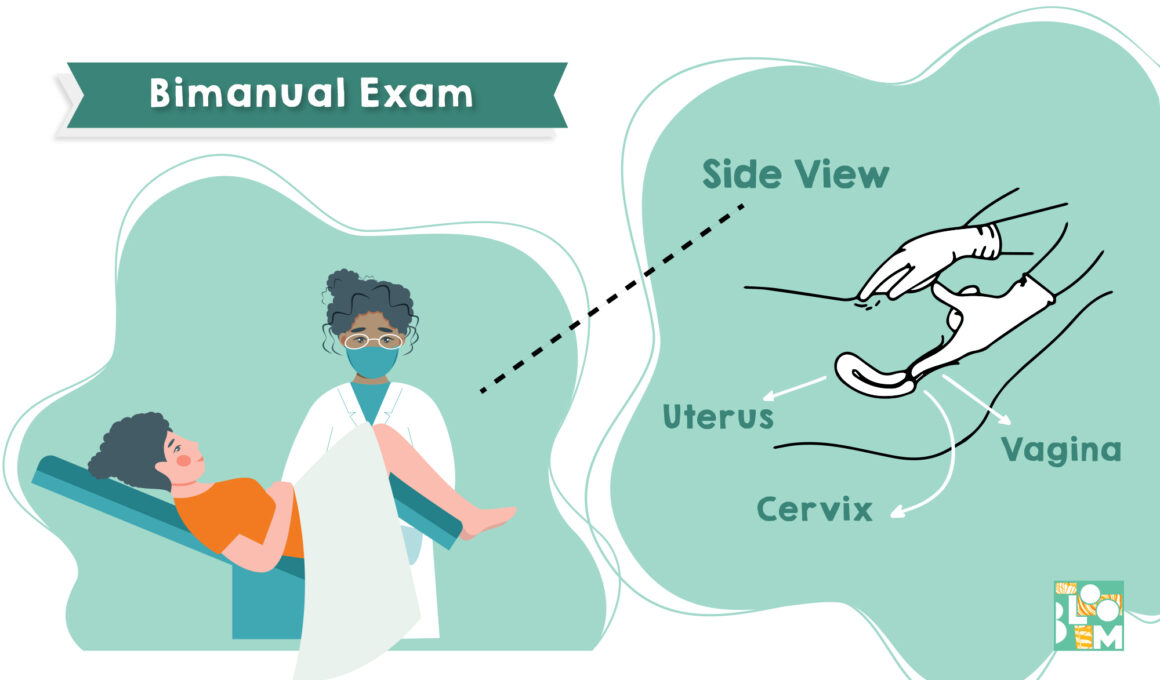Gynos are great! From visiting the gynecologist for the first time to what to expect, we have your answers.
Author Jen Bell | Reviewed by Staci Tanouye, M.D.
Your teen’s gynecologist is an important partner in their reproductive healthcare. This is the doctor to go to for regular sexual health checks, and anytime your preteen or teen has questions about their period or vaginal health.
If your child is feeling nervous about their first gyno appointment, or has questions about the gyno, we’ve put together a guide so you can both know what to expect.
Why Is the First Gynecology Appointment so Important?
Developing healthy habits around your vaginal health, including visiting the gynecologist is important. Remind your teen that the regular visits to the gyno can help with early detection of unusual growths, help keep them sexually healthy, and help answer any questions they may have with their reproductive health.
When Should Your Teen First Visit the Gyno
It’s a good idea for your preteen or teen to have their first gynecologist appointment between the age of 13-15. This gives the doctor a chance to get to know them, talk to them about their health, and let them know what to expect at future visits. Usually a pelvic exam is not done during the first appointment and may not be necessary for many years.
When to take your young person to the gyno:
- They are 14 and haven’t yet noticed any physical signs of puberty (breast buds developing, pubic hair, etc)
- They are 15 and haven’t yet had their first period
- Their PMS or period pain is unmanageable
- Their period flow is different to what they normally experience (extra heavy, clotting, or period lasts longer than 7 days)
- They have vaginal itching, burning, redness, swelling, unusual odor, abnormal discharge, or see or feel sores on their genital area
- They thinking about becoming sexually active and need to discuss safe sex practices
- They have irregular periods for more than 2 years after their first period
- They’ve missed more than two periods
- They are sexually active and have missed their period
- They believe that they’ve been exposed to a sexually transmitted disease
- They are needing to urinate very frequently, or feel a burning sensation while urinating
- They’ve injured their pelvic area
- They have questions on their periods, body, what is normal, and more!
PRO TIP > Encourage your teen to explore the BLOOM TEEN HUB to learn all about their skin and skin care, written just for them!

How to Ease Your Teen’s Nerves Before Their First Gyno Appointment
Remind your tween or teen that doctors and nurses examine many people each day. They have seen vulvas and vaginas of all kinds and are not there to judge anyone’s body. If they have specific concerns, the gynecologist may do an internal and/or external examination to see if they are healthy and developing as expected.
Should They Choose a Female Gynecologist?
Your teen has the right to see whoever would make them feel the most comfortable during their appointment, regardless of male or female doctor or nurse. They also have the right to decline an exam if they feel they’re not ready, but keep in mind, if they have a specific concern, sometimes an exam is needed to figure it out.
They can also choose if they would like to have you or another support person present with them or to wait in the waiting room.
Let your teen know that the doctor generally has a medical assistant with them as well. The doctor can help your preteen or teen to navigate all the options and their comfort level and should clearly explain each step of the exam.

Ready to elevate your parenting? Become a member of the BLOOM family today!
Gain access to workshops, coaching, and a network of supportive parents. Don’t navigate this journey alone –
What to Expect at a First Gynecologist Appointment
At your teen’s first visit to the gynecologist, they can expect to be asked some general questions as well as get a general health check. Their doctor might start by asking them when their first period was, the date of their last period, or if they have been sexually active. The doctor might also ask about period symptoms, like PMS and period cramps, or other vaginal symptoms, like vaginal itching and pain.
Then the gynecologist most likely will take their vitals, to perform a breast exam, and to do an external exam of the vulva. Most teens will not need an internal pelvic exam, though one may be recommended, depending on whether your preteen or teen has any concerns and/or if they have been sexually active.

During their exam, the gyno may:
- Examine the external genitals (called the vulva) and the opening of the vagina.
- Do an internal exam by inserting a speculum into the vagina to open up the vaginal walls. This does not hurt, but it can feel a bit weird and sometimes cold.
- Perform a bimanual exam, where the gyno puts 1-2 gloved fingers into the vagina while gently pressing on the lower abdomen with their other hand.
Important Note: It’s important to remember that if your preteen or teen feels pain or does not want to continue at any point, they can ask the doctor to stop.
Do pelvic exams hurt?
A pelvic exam should not be painful, but it can be a bit uncomfortable, especially if the person is tense. With each breath, your preteen or teen can try to focus on relaxing their stomach and leg muscles. This should help ease any discomfort for the few minutes it takes to do the exam.
Depending on your teen’s comfort level, you may be asked to wait outside during the examination. Take the lead from your teen to make them the most comfortable.
Common Questions for the Gyno
If your preteen or teen has any questions about the changes going on in their body, it’s important to ask the doctor! At the same time they can also share any concerns they might have.
- Commonly preteens or teens have questions about things like body odor, hair growth, acne, or sweating. Your preteen or teen can let the gyno know if they’re experiencing any PMS symptoms and how they are managing them.
- Let your preteen or teen know that the menstrual cycle and hormones can affect their whole body and mind, so if they are depressed, low on energy, or having sleep problems, it’s important to tell the gyno these things too!
- Most importantly, your preteen or teen needs to be honest with the doctor if they have been sexually active, or are thinking about beginning sexual activity. That way the doctor can give them information on birth control, and how to prevent sexually transmitted diseases or infections.
It’s important for them to remember that these conversations are always kept private unless the medical provider feels there is a safety concern.
If your young person has a lot of questions, they may need more than one appointment to cover it all, and that’s OK!
If you are still feeling overwhelmed, don’t worry! BLOOM is here to help. With our library of On-Demand Workshops with our trusted educators, to our Ask the Expert Forum & Live Events where you can get answers to your burning questions from our qualified professionals, to Supportive Community, where you can find strength in a community of other parents and caregivers, to Direct 1-on-1 Parent Coaching Support, we’ve got you. Raising tweens or teens is hard enough. BLOOM is here to make it a little easier.
